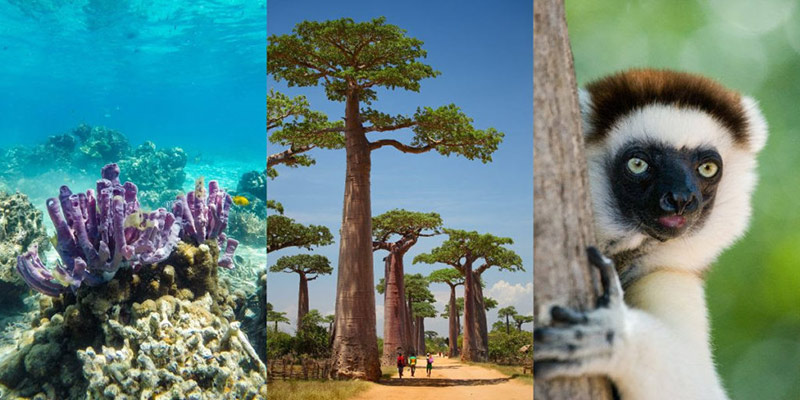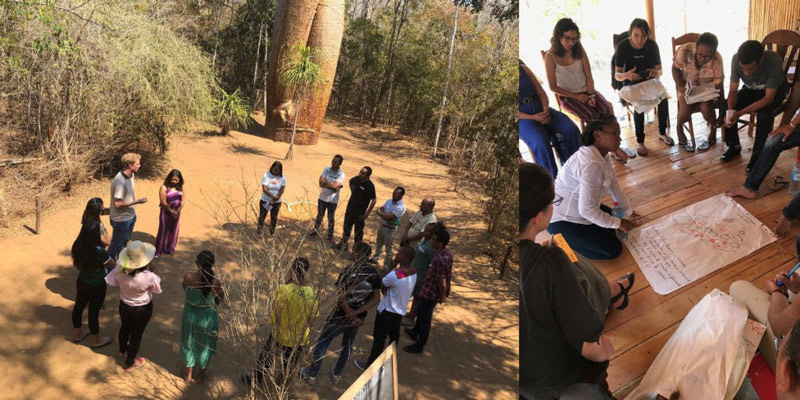Western Madagascar’s forests are literally on fire, as a recent feature on the leading conservation news site, Mongabay, highlighted a fortnight ago. The story also describes the efforts of one leading Malagasy organization — called Fanamby — to respond to the crisis by working with local communities and the government. Just as this story was published, the Maliasili team was in Menabe in western Madagascar to begin a strategic planning process with Fanamby, as part of our first major piece of work with this new partner.

This context of environmental crisis and local responses frames our initial experience in Madagascar, in what is our first major step out of Maliasili’s past geographic focus in eastern and southern Africa. The island nation is perhaps the most urgent conservation challenge in the world today: with extraordinary biodiversity- 98% of the country’s mammals are found nowhere else in the world—that is rapidly disappearing in the face of poverty, political turbulence, and commercial extraction.
As elsewhere, the hope for turning around conservation in Madagascar must come largely from talented and innovative Malagasy civil society organizations such as Fanamby. With funding for our expansion into Madagascar being provided by the MacArthur Foundation, Maliasili is thrilled to begin this new albeit challenging, journey. Our learning curve will be pushed sharply upward as we embark on this work, but the lessons from our expansion in Madagascar will provide important guidance for the process of geographic expansion that we adopted in our 2019–2021 strategic plan.

Fanamby is an established Malagasy conservation leader. Meaning ‘challenge’ in Malagasy, Fanamby works to protect over a million acres of forests at a half-dozen sites spread around the country. Fanamby is particularly distinguished in using commercial agriculture and tourism to improve livelihoods and generate local support for conservation. A cooperative called Sahanala that they helped set up roughly a decade ago now works with over 7,000 farmers living around forests, helping them develop more intensive agriculture and earn greater income from vanilla and other crops. Over the next year, we will be working with Fanamby to help them review their impact model and produce a five-year strategic plan, and providing support to managing a leadership transition.
Source : Maliasili